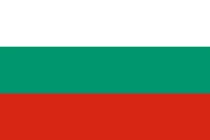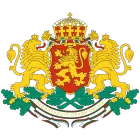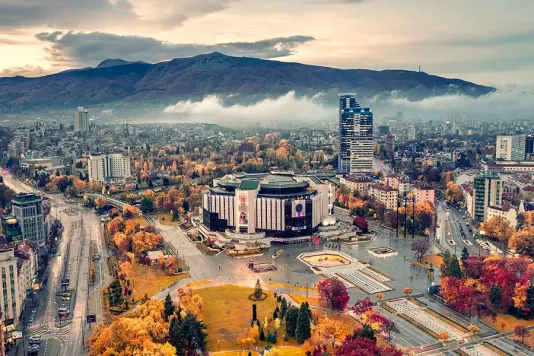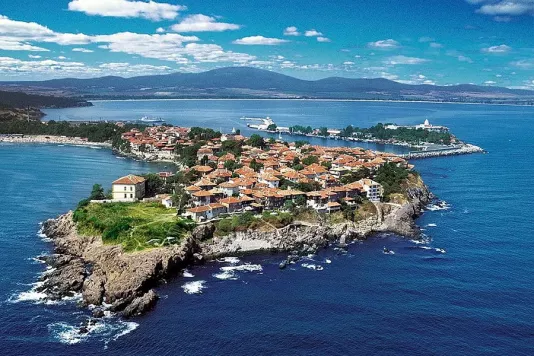Bulgaria
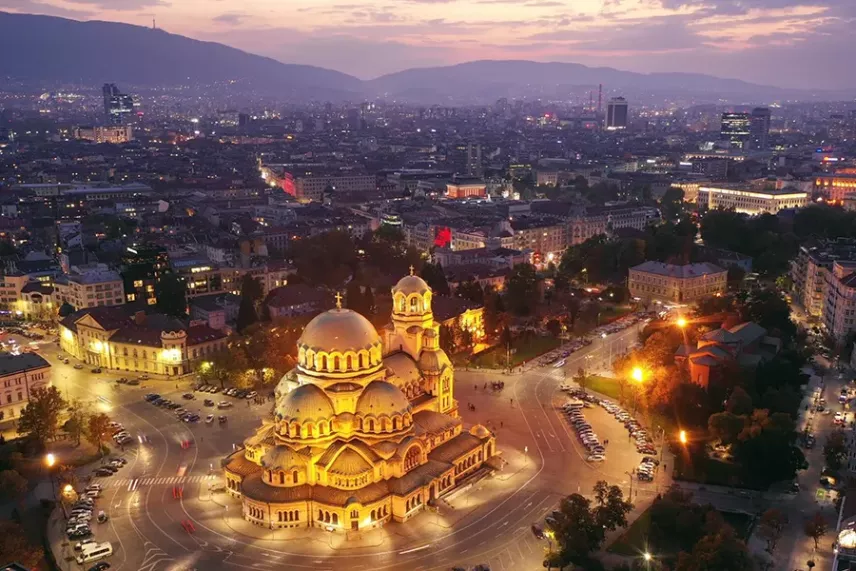
Geographical Location of Bulgaria
Bulgaria is located in the east of the Balkan Peninsula. The country borders Romania in the north, Serbia and North Macedonia in the west, Greece and Turkey in the south, and is washed by the Danube River in the north and the Black Sea in the east. Bulgaria consists of plains and mountains. About a third of the country is covered with forest. Most of Bulgaria has an inland climate with hot summers and cold winters. In the south and on the Black Sea coast the climate is more typical Mediterranean. Winters here are milder. The amount of precipitation is distributed evenly throughout the year. In the north and in many mountains, snow falls in winter.
Industrial air pollution, wastewater discharge into rivers and deforestation are among the country's most serious climate problems. In addition, the forest suffers from air pollution and acid rain.
Brief History of Bulgaria
The first evidence of human habitation on the territory of modern Bulgaria dates back to the period from 100,000 to 40,000 BC. This means that the area has been inhabited since the Stone Age. The name Bulgaria comes from the Bulgarians, a horse-riding people who immigrated and took control of the area in the 6th century. The area was eventually attacked by the Ottoman Empire, and by 1396 the Ottomans had conquered the entire Bulgarian Empire. For the next 500 years, Bulgaria was a Turkish province. National liberation movements emerged in the 19th century, and with Russian support, Bulgaria achieved independence in 1878.
The beginning of the 20th century was characterized by conflicts and wars with neighboring countries, the territories over which belonged to different countries. By the end of World War I, Bulgaria had ceded several lands to Yugoslavia. When World War II broke out, Bulgaria declared itself neutral, but eventually received help from Germany to regain its lost lands. This led to the Soviet Union declaring war on Bulgaria and invading the country. In 1946, Bulgaria became a People's Republic under Soviet rule. It was not until 1990 that the communist regime was overthrown, and in the same year Bulgaria held its first free democratic elections since World War II.
Society and Politics of Bulgaria
Bulgaria today is a parliamentary republic with a multi-party system. The head of state of Bulgaria is the president. The President is directly elected every five years and can only be re-elected once. Voting is compulsory in the country. The National Assembly has 240 members and elections are held every four years. The leader of the largest party in the National Assembly is usually appointed prime minister by the president and asked to form a government. Real political power lies with the prime minister and the government.
After the fall of the communist regime, Bulgarian politics was characterized by unrest and the transition to a market economy was difficult for the country. Bulgaria became a member of NATO in 2004 and the EU in 2007. Then the economy improved. Major problems related to corruption, organized crime and high unemployment continue to characterize the society. The EU made strict demands to improve the situation and temporarily suspended financial assistance to the country. Living standards are relatively low and poverty is widespread. The situation is especially difficult for those who are not working; pensioners, unemployed and disabled people. There are also a lot of street children and children in orphanages in the country, and Roma are treated worse than other residents.
Economy and Trade of Bulgaria
After the collapse of communism in 1991, Bulgaria began a painful and slow transition to a market economy. In the 2000s, most industry was privatized and the country opened up more to international trade. The fall of communism devastated the country's economy, but by 2004 the economy had recovered to the same level as before the fall. However, Bulgaria is one of the poorest EU member states.
The service sector dominates the Bulgarian economy. In particular, tourism and foreign trade are important sources of income. Most of the workforce works in the service sector. In addition, industry accounts for about a quarter of gross domestic product. Industry is dominated by heavy industry with the production of machinery and metallurgical plants. Agriculture, which produces mainly grains, fruits, vegetables and cotton, is also an important source of income for the country. A special feature is the production of rose oil. Bulgaria controls important trade routes from Europe to Asia and the Middle East, and their main trading partners are Germany, Italy, Romania, Turkey and Russia. Widespread corruption and the shadow economy are the biggest obstacles to Bulgaria's economic development.
Bulgarian Cuisine and Culinary Traditions of Bulgaria
Bulgarian cuisine was formed at the intersection of different cultures - Europe and Asia, and its recipes were significantly influenced by both Asian recipes and the cooking of many European countries. Greek cuisine and Turkish cuisine have had a huge influence on Bulgarian cuisine. Since the beginning of the twentieth century, French cuisine has become no less important for the culinary traditions of Bulgaria. https://kashevar.com/en/recipes/bulgaria Bulgarian cuisine widely uses meat, vegetables, dairy products, herbs and other ingredients in preparing dishes. Stuffed dishes occupy a significant place in Bulgarian cuisine - sweet peppers, tomatoes, apples, zucchini, fish and much more. Bulgarian cuisine is rich in a wide variety of recipes - potatoes with lamb and tomatoes, pork with cabbage, pork with beans, lamb with parsley and spinach, or beef with prunes.
